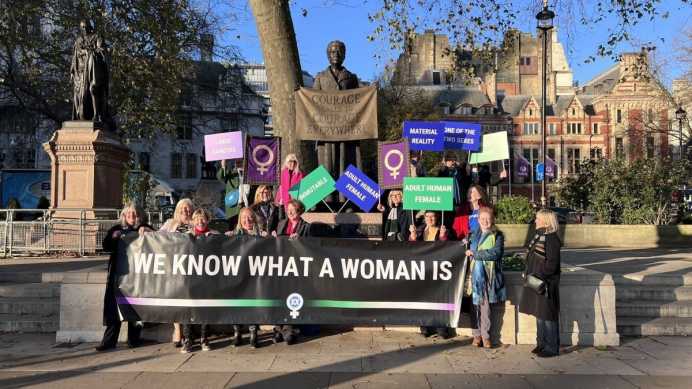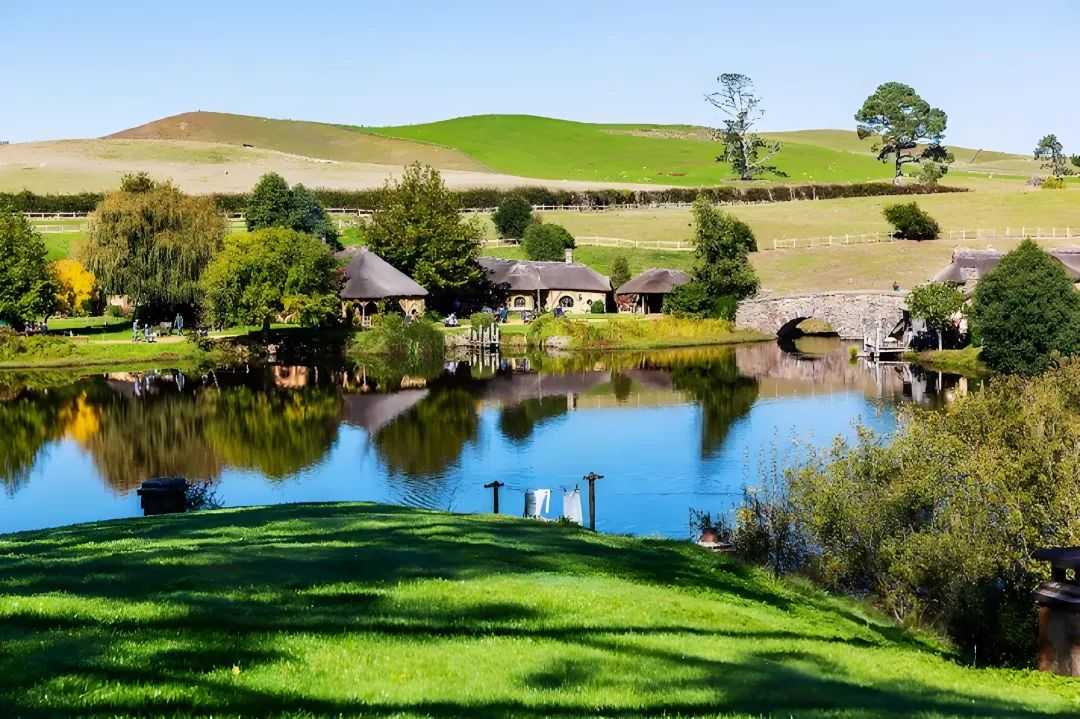
In a landmark decision, the UK Supreme Court has ruled that under the Equality Act 2010, “women” refers to biological sex, excluding transgender women from gender - based protections. This decision is expected to have a significant impact on future policies, especially in women's sports events.
The case centered on whether transgender women with a Gender Recognition Certificate (GRC), which legally recognizes a person's acquired gender, should be protected from discrimination as women under the Equality Act1. The court stated in its ruling that “the concept of gender is binary, and a person is either male or female”1. It made clear that even with a GRC, transgender women are not legally considered women under the act. While transgender people are still protected from discrimination based on gender reassignment, they no longer enjoy the protections reserved for biological women1.
This ruling has sparked intense debate1. Supporters believe it safeguards the rights and interests of biological women in areas such as single - sex spaces, sports, and employment quotas1. They argue that defining women based on biological sex ensures fairness and safety for women. However, some transgender rights groups and human rights organizations express deep concern, saying that this decision may lead to increased social exclusion and discrimination against transgender women1. They worry that it will undermine the legal protections for transgender people established by the Gender Recognition Act 20042.





